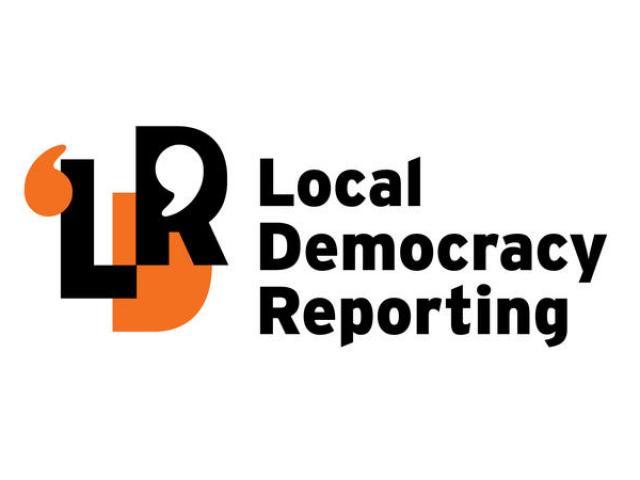
The district is seeking international dark sky status, which means turning the lights down within the township.
Kaikōura Mayor Craig Mackle said the move made sense as it would offer social, economic and environmental benefits for the community.
Kaikōura District Council notified Plan Change 5 to the District Plan on Monday to strengthen lighting regulations.
The new rules will apply to any new builds and when lighting needs to be replaced.
But local residents will not have to change their light bulbs immediately.
To reduce light pollution, lights should be turned downwards and turned off when not needed, while motion sensors, light shielding and timers can reduce the impact of bright lights.
Outdoor light bulbs should be replaced by 3000 Kelvin or lower.
‘‘When you sit down and read the information you realise it is something we have to do,’’ Mr Mackle said.
‘‘On the environmental side, it is quite incredible the difference it makes and that’s just from turning your lights down.’’
The council adopted the private plan change request, which was submitted by the Kaikōura Dark Sky Trust, on January 31, meaning it will take the lead.
‘‘The plan change looks at responsible light so there is a real community benefit and it sits well with our rolling District Plan review,’’ council chief executive Will Doughty said.
It will set the minimum standards for lighting and responsible lighting guidelines for those who want to do more to protect local wildlife and protect Kaikōura’s window to the stars.
The Kaikōura Dark Sky Trust was originally established to protect the hutton’s shearwater (tītī), a native bird which is endemic to Kaikōura and is endangered.

Mr Doughty said consultation will be open for a month and a hearing will be held if required.
‘‘We are hoping the plan change will be operative by the end of the year, depending on the feedback and the process.
‘‘In the meantime, it allows the trust to get on with its application to the International Dark-sky Association.’’
The Kaikōura Dark Sky Trust will seek dark sky sanctuary status for the wider district and dark sky community status for the town.
If successful, it will join dark sky sanctuaries at Aotea Great Barrier Island and Rakiura Stewart Island, and four other dark sky sites, including the Oxford dark sky park, which was announced in January.
Comment has been sought from Te Rūnanga o Kaikōura.
By David Hill, Local Democracy Reporter
■ LDR is local body journalism co-funded by RNZ and NZ On Air.













